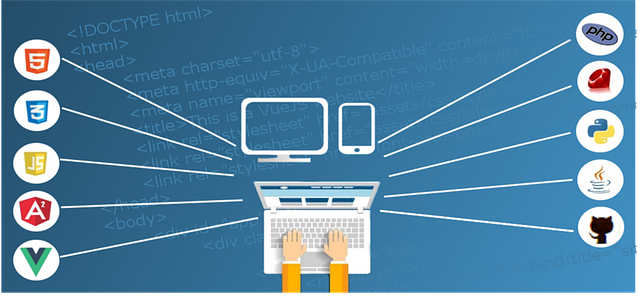Introduction: Why PHP Performance Optimization Matters
PHP powers a significant portion of the modern web — from blogs and forums to complex enterprise applications. But as your application grows, performance can suffer due to inefficient code, poor database interactions, or misconfigured environments. Learning how to optimize PHP code for better performance is essential for reducing load times, improving SEO rankings, enhancing user experience, and reducing server costs.
Whether you’re building a lightweight CMS or a dynamic eCommerce platform, following PHP optimization best practices ensures your code runs efficiently and scales smoothly under increasing traffic.
Use Native PHP Functions Whenever Possible
One of the easiest ways to boost performance is to leverage PHP’s built-in functions, which are written in C and are extremely fast. Avoid reinventing the wheel with custom loops or algorithms when PHP already provides a native solution. For example, use in_array() instead of writing your own loop to search an array.
Choosing native functions over user-defined alternatives reduces memory consumption and CPU load, especially in data-heavy applications.
Optimize Database Queries
Database interaction is often the biggest bottleneck in PHP applications. To improve performance:
-
Use indexes in your database tables for columns that are frequently queried.
-
Avoid
SELECT *; instead, select only the columns you need. -
Cache frequently accessed results using in-memory tools like Redis or Memcached.
-
Use prepared statements (with PDO or MySQLi) for security and speed.
-
Reduce the number of queries inside loops; fetch and batch-process when possible.
Optimized SQL usage directly impacts how fast your PHP pages load and how many concurrent users your site can handle.
Clean Up Unused Code and Variables
Dead code and unused variables take up memory and can lead to confusion, bugs, and decreased performance. Regularly refactor your PHP code to:
-
Remove unreachable or deprecated logic
-
Reuse variables efficiently
-
Minimize large loops and nested conditions
-
Keep functions short and single-purpose
Smaller, cleaner code not only runs faster but is also easier to debug and maintain.
Use Output Buffering Strategically
PHP processes output as it’s generated unless output buffering is enabled. In high-performance applications, especially those with complex layouts, enabling output buffering allows PHP to send all output at once, reducing I/O overhead and speeding up page delivery.
Use ob_start() and ob_end_flush() to buffer output manually when needed — particularly useful in templating systems and API responses.
Reduce File I/O and Use Autoloaders
Reading and including files during every request slows down PHP execution. Use autoloaders (like PSR-4 in Composer) to load classes only when they’re needed, instead of loading all libraries up front. Also:
-
Combine and minify CSS/JS where possible
-
Avoid unnecessary
require_once()calls -
Use opcode caching (like OPcache) to store precompiled PHP scripts in memory
These tactics reduce disk access and lower CPU usage during every request.
Implement Caching Techniques
Caching is one of the most effective strategies to boost PHP performance:
-
Opcode caching with OPcache for compiled PHP scripts
-
Data caching with Redis or Memcached for session and database data
-
Page caching for static or infrequently updated pages
-
HTTP caching headers to control browser behavior
By caching the right elements, you dramatically reduce server processing time and enhance the user experience with faster load times.
Optimize Loops and Recursions
Loops can be expensive if used carelessly. In PHP:
-
Avoid calling functions like
count()repeatedly inside loops -
Cache calculations or external calls before the loop starts
-
Use
foreachoverforwhen iterating over arrays -
Avoid deep recursion; use iterative alternatives when possible
These small changes can have a big impact in high-traffic or data-heavy applications.
Profile and Benchmark Your PHP Code
Before optimizing blindly, use tools like:
-
Xdebug with Webgrind or KCacheGrind for visual profiling
-
microtime(true)to measure code execution time -
Blackfire, Tideways, or New Relic for in-depth analysis
These tools help you identify slow functions, memory leaks, or heavy database operations, allowing for targeted optimization that delivers real results.







